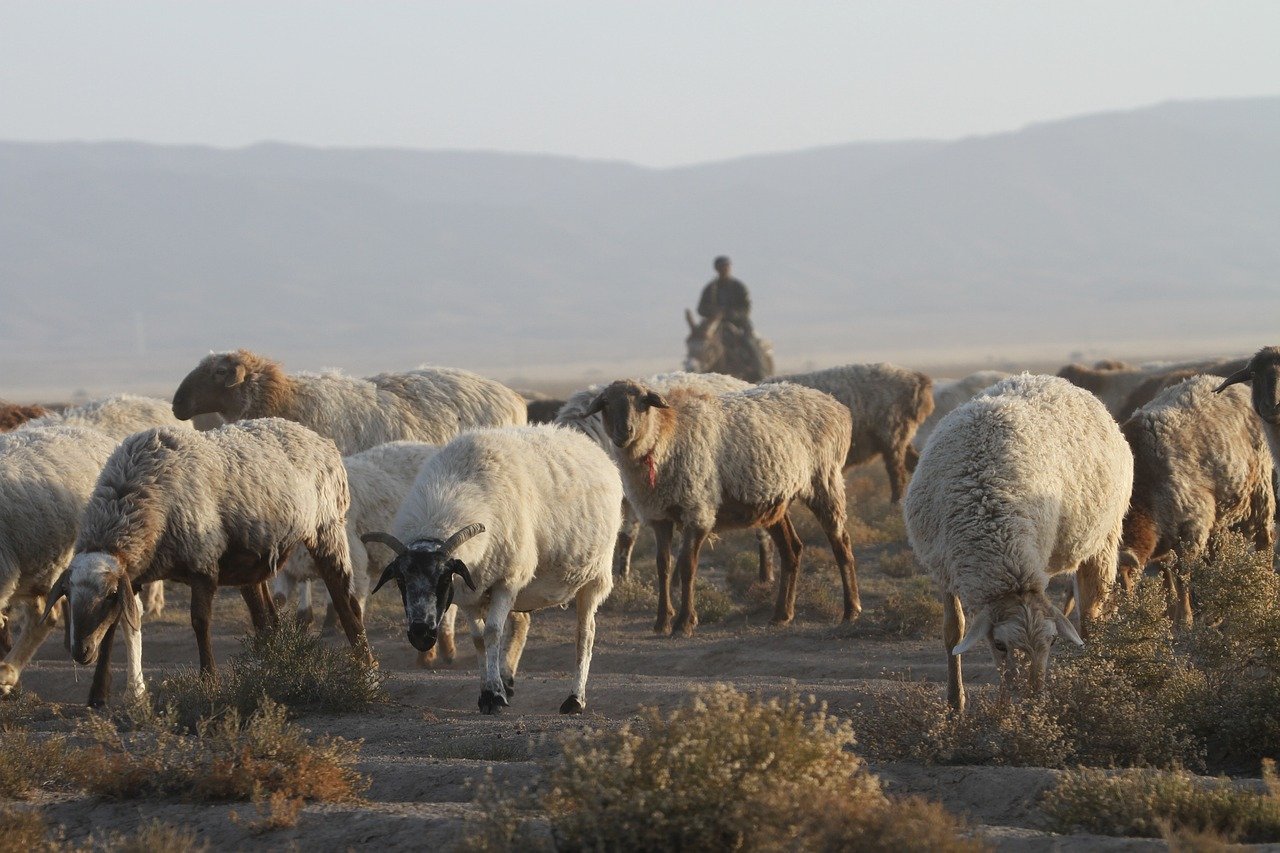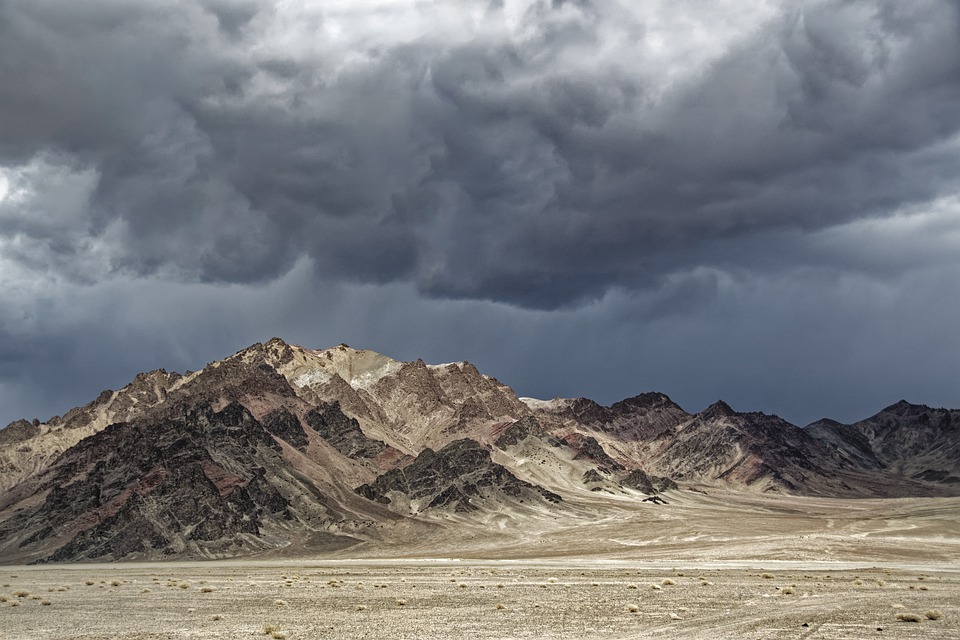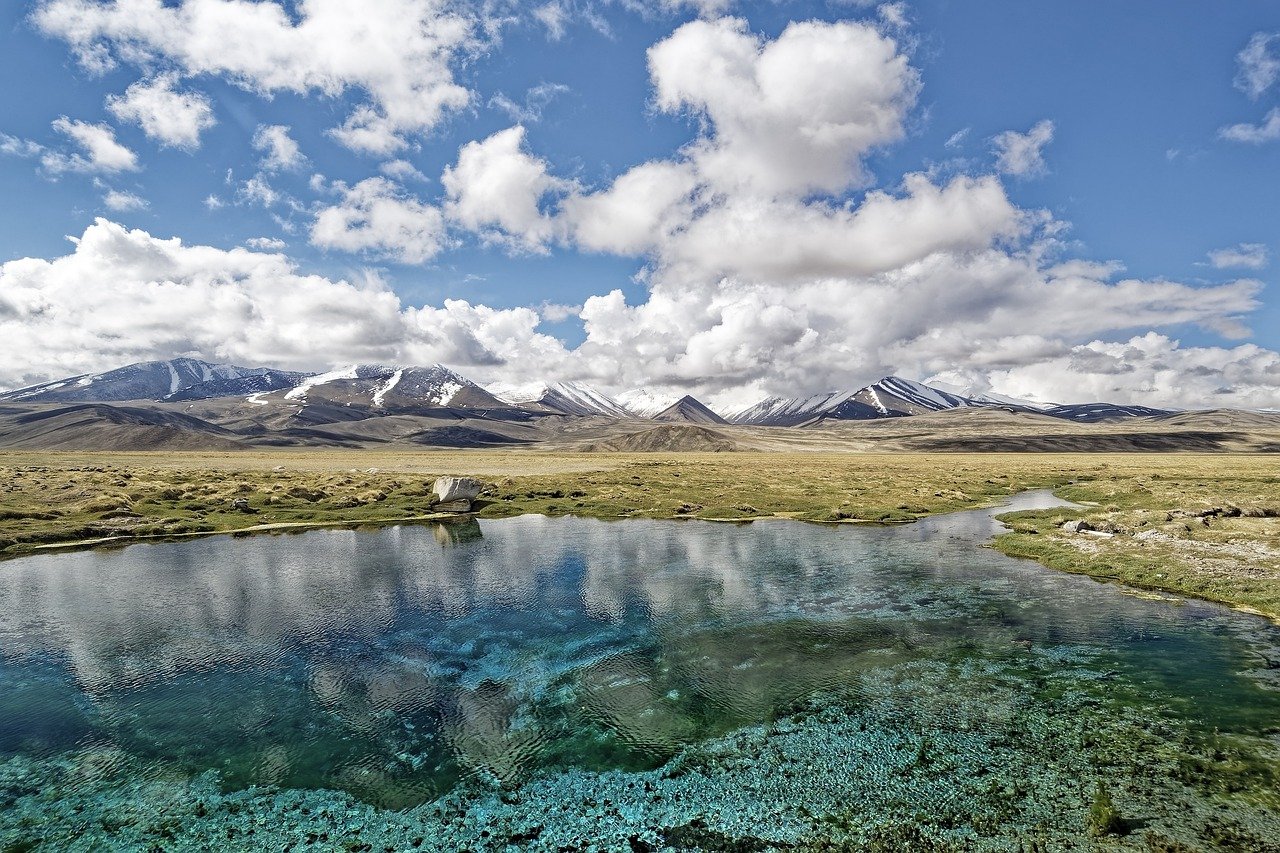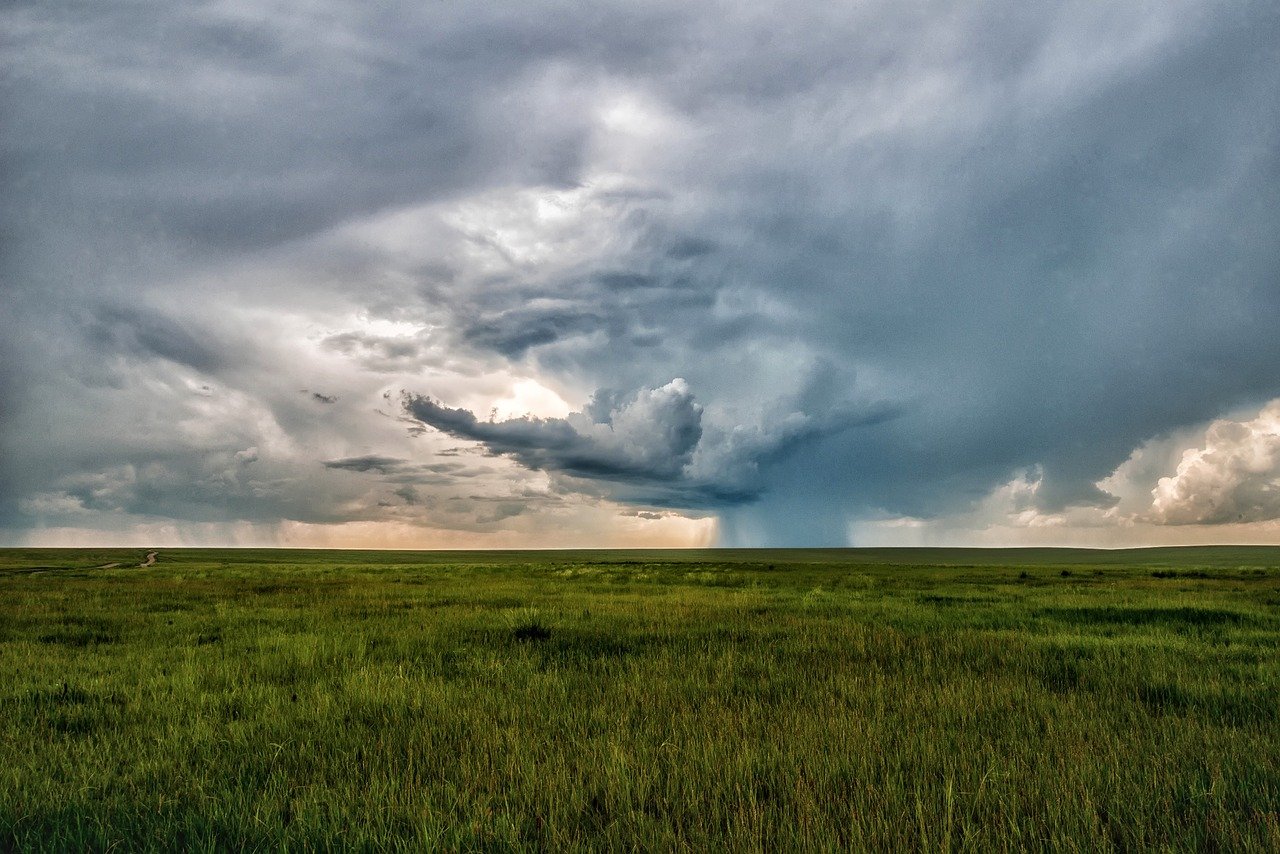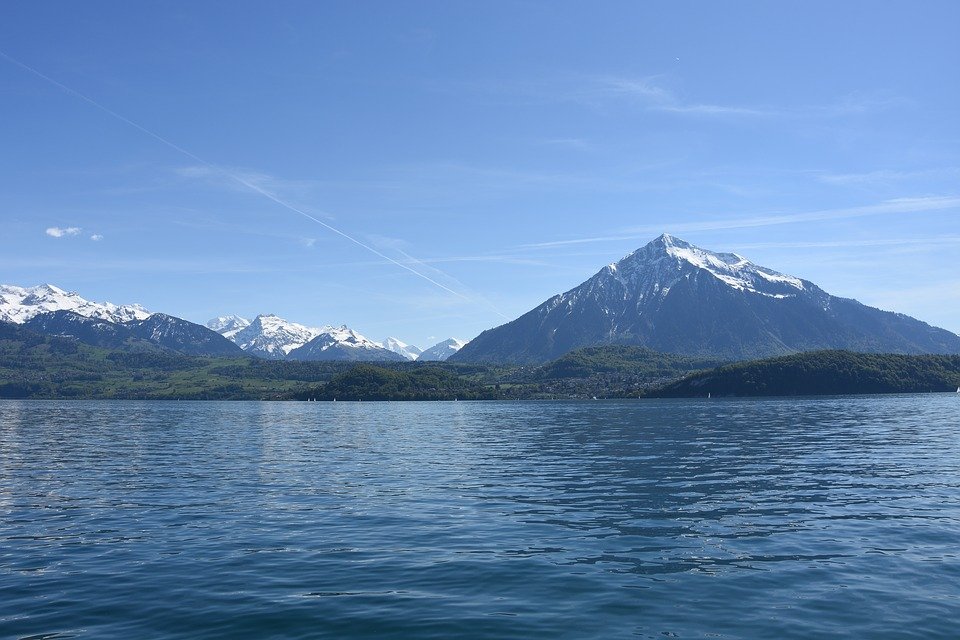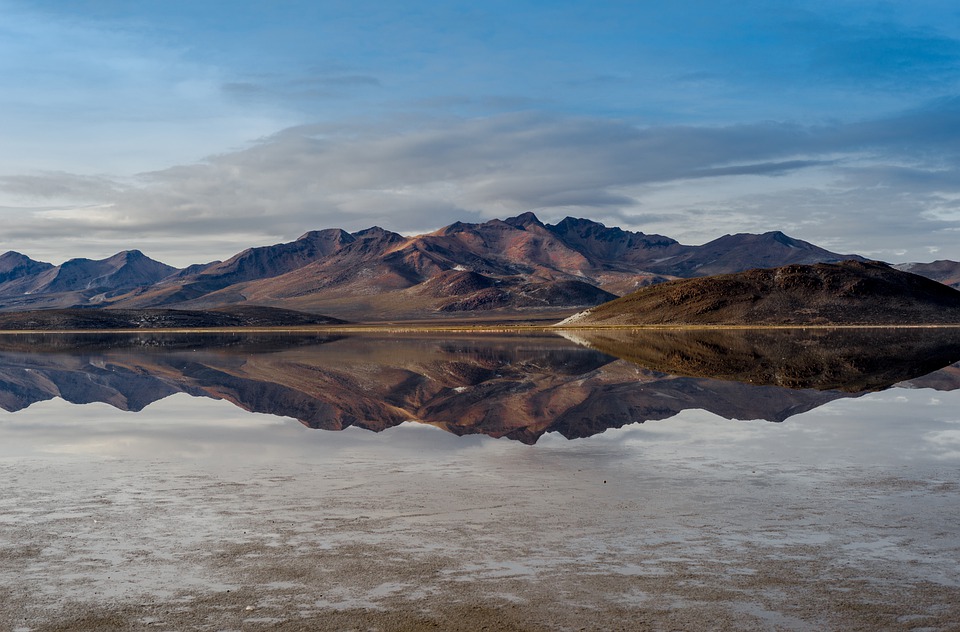News
- Details
- Category: MRI News
Taking place as part of COP26 on 8 November, the focus of this session was on the impacts and risks of climate change in the cryosphere in Latin America, Central Asia, and the Andes, and how communities in our changing mountains can adapt. This session was contributed to by several representatives of the MRI.
The vast high latitude and high altitude cold regions of the world provide freshwater to over half of humanity. As a result of climate change, they are under threat. But which impacts of climate change are already being felt in the cryosphere? And which risks are mountain regions exposed to, both now and in the future? This session focused on Latin America, Central Asia, and the Andes aimed to address these questions, and explore adaptation options that offer potential solutions to the challenges and opportunities these regions face. It was jointly hosted by the COP26 Cryosphere Pavilion and the COP26 Geneva Cryosphere Hub.
- Details
- Category: Global News
IPBES have announced the start of the external review of the draft scoping report for the IPBES business and biodiversity assessment, which is open from 2 November to 13 December 2021.
The rolling work programme of IPBES up to 2030, adopted by the Plenary in decision IPBES-7/1, includes a methodological assessment of the impact and dependence of business on biodiversity and nature’s contributions to people ('business and biodiversity assessment'). In the same decision, the Plenary approved a scoping process for the assessment, based on the initial scoping report set out in appendix II to document IPBES/7/6, for consideration by the Plenary at IPBES 9 (July 2022).
- Details
- Category: GEO Mountains
This GEO Mountains workshop sought to better understand the current interdisciplinary 'data landscape' across Central Asia.
- Details
- Category: MRI News
As part of the UNFCCC COP26 Cryosphere Pavilion, Mountain Research Initiative Executive Director Dr. Carolina Adler was invited to participate in a discussion of 'Snow and Ice in Climate Change' organized by the Government of Tajikistan, the WMO, and UNESCO.
On 1 November, 'Tajikistan: Snow and Ice in Climate Change' was held as part of the Cryosphere Pavilion at the 26th session of the Conference of the Parties (COP26) of the UN Framework Convention on Climate Change (UNFCCC).
As Sulton Rakhimzoda, Special Envoy for the President of Tajikistan on Water and Climate, highlighted in his opening address, ice and snow hold 70 percent of the world’s freshwater resources. However, climate change is accelerating the melting of the cryosphere worldwide, altering hydrological systems and changing the risk landscape. How can mountain nations create resilience against the worsening impacts of disasters and rapidly changing water availability?
- Details
- Category: Global News
A historic World Meteorological Congress has concluded with landmark resolutions to prioritize water and to dramatically strengthen the world’s weather and climate services through a systematic increase in exchange of observational data and data products.
The WMO Unified Data Policy, the Global Basic Observing Network, and the Systematic Observations Financing Facility were painstakingly developed through extensive consultation with thousands of experts and other stakeholders around the globe. The aim is to meet the explosive growth in demand for weather and climate data products and services, to fill gaps in the global observing system and ensure more sustainable financing.
- Details
- Category: MRI News
The General Assembly 2022 of the European Geosciences Union (EGU) will be held at the Austria Center Vienna in Vienna, Austria, from 3–8 April 2022. This event includes a number of exciting, mountain-related sessions, including several convened by representatives of the MRI. Abstract submission closes 12 January 2022.
The EGU General Assembly 2022 brings together geoscientists from all over the world to one meeting covering all disciplines of the Earth, planetary, and space sciences. The EGU aims to provide a forum where scientists can present their work and discuss their ideas with experts in all fields of geoscience.
- Details
- Category: MRI Anniversary Lecture
The fifth event in the MRI Anniversary Lecture Series took place yesterday, celebrating 20 years since the MRI Coordination Office was founded in 2001. This series aims to showcase MRI synthesis workshop research and build capacity in the mountain research community.
- Details
- Category: GEO Mountains




